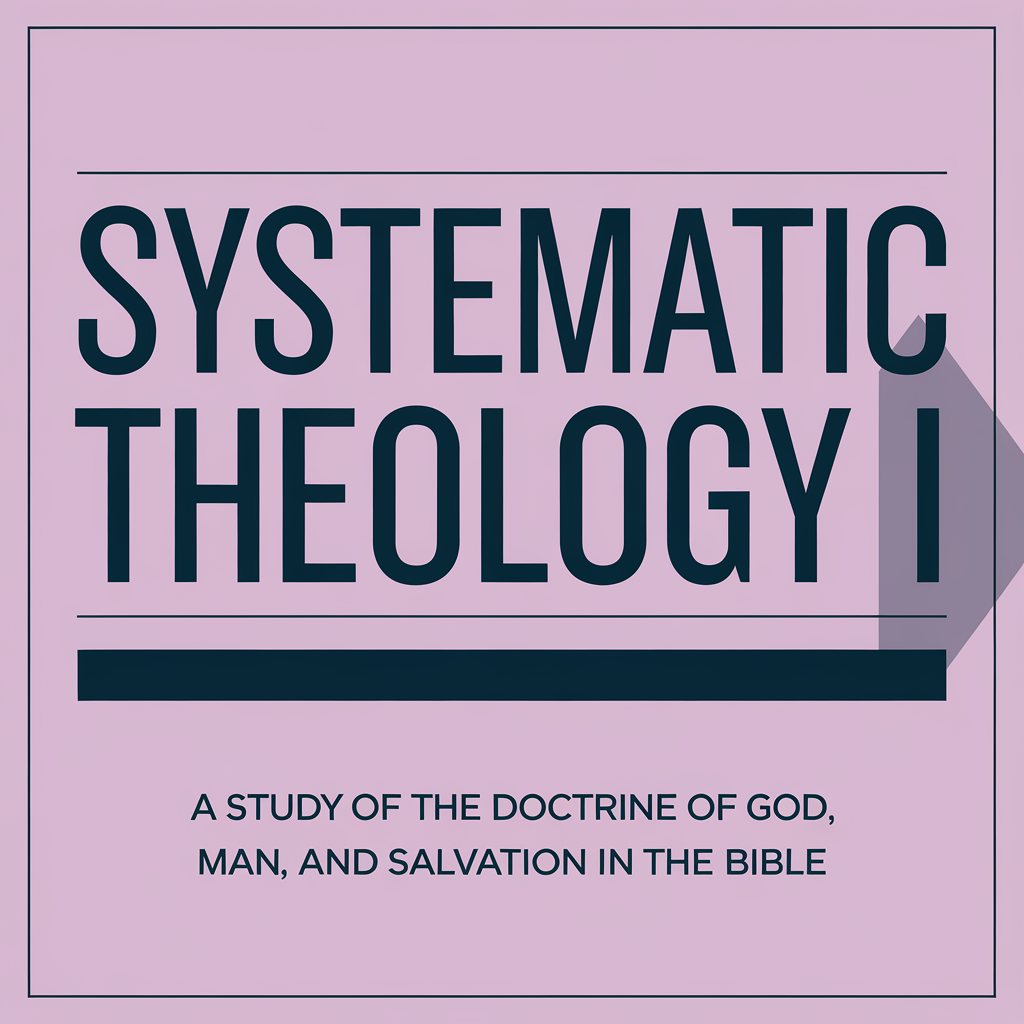Systematic Theology I
Christian Ethics explores ethical issues through a Christian lens, integrating biblical principles with contemporary moral dilemmas. The course aims to equip students with the tools to think critically, apply biblical principles to real-world issues, and navigate the complexities of personal, …
Overview
Christian Ethics explores ethical issues through a Christian lens, integrating biblical principles with contemporary moral dilemmas. The course aims to equip students with the tools to think critically, apply biblical principles to real-world issues, and navigate the complexities of personal, social, and professional life with integrity and faith.
Certification
Upon successful completion of the course, participants will receive a Certificate of Christian Ethics Proficiency, signifying their understanding of biblical ethical principles and their application in various domains of life.
Course Objectives
- To provide a foundational understanding of Christian ethics rooted in biblical teachings.
- To explore key ethical concepts, including justice, mercy, humility, and love, as outlined in scripture.
- To analyze contemporary moral dilemmas from a Christian perspective.
- To develop critical thinking skills for ethical decision-making in personal, societal, and professional contexts.
- To equip students to apply Christian virtues and principles in promoting justice, peace, and reconciliation in a globalized world.
Learning Outcomes
By the end of the course, participants will be able to:
- Articulate Core Principles: Explain the biblical and theological foundations of Christian ethics, including covenantal concepts and the Kingdom of God.
- Analyze Ethical Challenges: Assess modern ethical dilemmas—such as issues of sexuality, bioethics, justice, and environmental stewardship—through a Christian ethical framework.
- Apply Ethical Decision-Making Models: Utilize various ethical approaches, including deontological, teleological, and virtue ethics, to make decisions aligned with Christian values.
- Engage in Social Advocacy: Advocate for justice, equality, and stewardship in personal and public spheres, reflecting the principles of justice and mercy outlined in Micah 6:8.
- Demonstrate Virtuous Leadership: Exhibit qualities of servant leadership and integrity in professional and public life.
- Contribute to Global Discourse: Participate thoughtfully in conversations about globalization, technological advancements, and emerging ethical challenges while upholding Christian values.
Curriculum
Curriculum
- 5 Sections
- 16 Lessons
- 10 Weeks
- Module 1: The Doctrine of God (Theology Proper)This module focuses on the nature, attributes, and works of God. It explores classical theism and the biblical portrayal of God's character. The topics covered in this module include: The Existence of God, The Attributes of God, The Trinity, and Divine Sovereignty and Human Free Will.4
- Module 2: Christology and SoteriologyThis module provides a detailed exploration of the person and work of Jesus Christ (Christology) and the doctrine of salvation (Soteriology). The topics covered in this module include: The Person of Christ, The Work of Christ, The Doctrine of Salvation, and The Order of Salvation.4
- Module 3: Ecclesiology and EschatologyThis module focuses on the study of the church (Ecclesiology) and the end times (Eschatology), focusing on their theological significance and implications. The topics covered in this module include The Nature of the Church, Church Government and Sacraments, The Last Things: Death and the Intermediate State, The Return of Christ and Final Judgment,4
- Module 4: Christian Ethics and ApologeticsThis module applies systematic theology to Christian living and defends theological beliefs against objections. The topics covered in this module include: Principles of Christian Ethics, Social Justice and the Christian, Defending the Faith: Apologetics, and Engaging with Modern Challenges to Christianity,4
- Exam1






